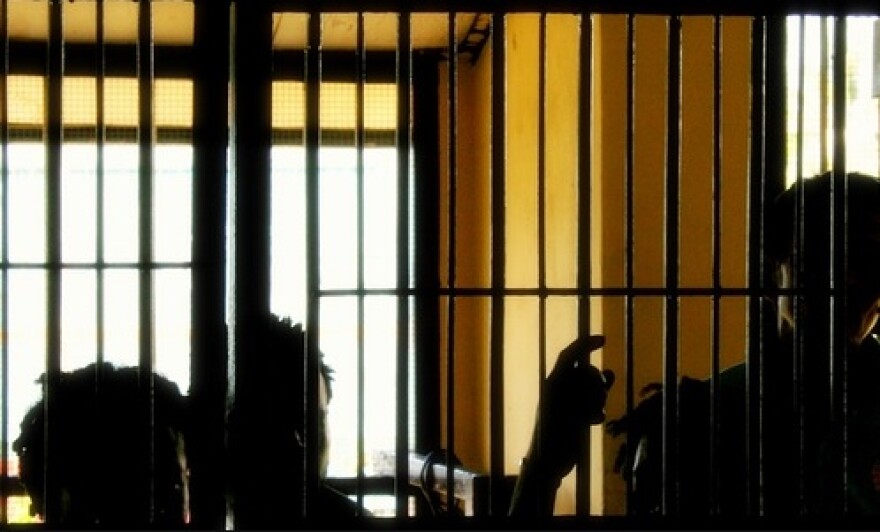The Iowa Department of Corrections has been rolling out a new policy in the past year aimed at addressing racial disparities in the state’s prison system.
Iowa disproportionately incarcerates African-Americans at a higher rate than almost all other states in the nation. Iowa’s population is less than 4 percent African-American, and the state prison population is about 25 percent African-American. The state’s prison system has started using specific strategies to try to mitigate that ongoing problem.
Iowa Corrections Director Beth Skinner said the department is collecting data related to inmate discipline, release decisions, grievances, access to treatment and inmate work assignments.
“If we see there’s a great difference between races, then we kind of look under the hood,” Skinner said. “And we see if a policy or practice is maybe causing this disparity and then if it is, we have an action plan.”
The first batch of this data is expected to come out in January. Skinner said an advisory group made up of community members, state agencies, returning citizens, faith leaders and DOC staff will have a role in evaluating that data and developing solutions for racial disparities in prison operations.
Implicit bias training that includes e-learning and in-person class time is now mandatory for all Department of Corrections staff. In a November letter to staff, Skinner encouraged them to acknowledge and work to reduce negative consequences of disparities in the correctional system.
“In order to fully grasp and comprehend the complexities surrounding disparity it is imperative for all staff to have an understanding of implicit and explicit bias as well as the principles of equity to ensure fair and equitable decision making regarding both our staff, incarcerated individuals and clients within IDOC,” Skinner wrote.
Skinner said implicit bias training has begun and will likely be completed over the next two years.
“It is clear that they are making an effort,” said Iowa-Nebraska NAACP President Betty Andrews, who has been drawing attention to racial disparities in Iowa’s prisons for years. “And that they are acknowledging the challenges of the past.”
Andrews said she does not think the Department of Corrections has always been mindful of racial disparities, but now she sees echoes of her advocacy work in the department’s policy.
“Definitely I think this is a good thing,” Andrews said. “This process of looking at the disparity is still new, and the process of acting on moving that needle is still new. So our hope is that it will be continuous.”
Andrews and Skinner said the disparity in the racial make-up of Iowa’s prison population is a problem that must be tackled by the whole criminal justice system.
“There’s certain things we can’t control,” Skinner said. “There’s certain things we can control. And those things that we can control, we have built a policy around to make sure everyone has equal access to treatment, people are getting treated fairly in our system.”
Skinner and Andrews are both members of Gov. Kim Reynolds’ criminal justice reform committee, which is expected to make recommendations for reducing bias in the system next year.





